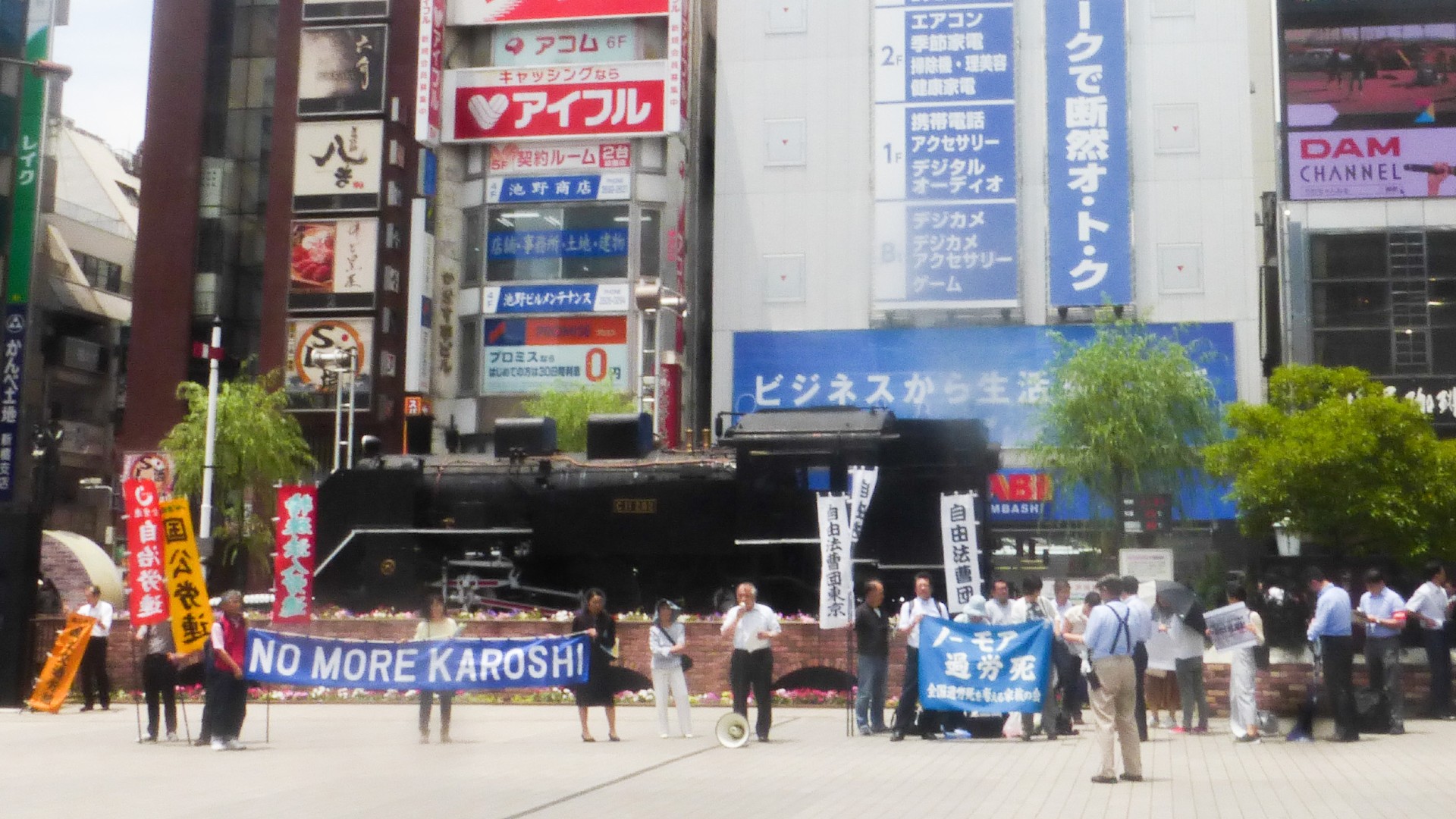The recognition trap: Understanding the dark side of workplace praise

- Recognition helps maintain the relationships that are vital to our health, happiness, and fulfillment.
- But our natural desire for it can also lead us to nurture unhealthy relationships and workplace cultures.
- For recognition to be valuable, it needs to be paired with an appreciation of one’s inherent self-worth.
Relationships are vital to our well-being and a life well-lived. Multiple longitudinal studies have shown the central role human connection plays in our health, happiness, and resilience. That’s not just true of our partners, friends, and families either. Research conducted by Aaron Hurst, founder of Imperative, suggests that relationships are also a key driver of fulfillment at work.
One way we can build and reinforce relationships is through recognition. Just imagine how uplifting it feels to have a partner appreciate your sense of humor or a supervisor offer praise for a job well done, and, of course, thankfulness can be as pleasant to give as to receive. In fact, simply witnessing people express gratitude makes those people more appealing to be around.
“This is a universal trait,” David Novak, philanthropist and ex-Yum Brands CEO, says in an interview with Big Think. “One of the things that I’ve learned building a global company is that people all around the world are craving recognition. They want to be recognized for what they do. They want to know they count; they want to know they’re appreciated.”
But as is often the case, this psychological high is double-edged, and our innate drive for recognition makes it as powerful a manipulator as a motivator. That reality can lead us to unhealthy personal choices, and on a large enough scale, injurious workplace cultures.

Workplace recognition isn’t (necessarily) appreciation
While recognition and appreciation are often used interchangeably, they are not synonyms. That may seem like splitting hairs, but as Mike Robbins, consultant and author of Bring Your Whole Self to Work, points out, the difference is consequential.
Recognition is praise for results and performance. In the workplace, it often means an economic appraisal of one’s worth to the company that can be measured and charted on a graph. The outcome: the attaboys and attagirls received for staying late to reach a deadline or working soul-crushing hours to nail that performance review.
Conversely, appreciation acknowledges a person’s inherent value. It doesn’t consider someone’s worth to the company coffers but admires what that person brings to the culture and community.
“In simple terms, recognition is about what people do; appreciation is about who they are,” Robbins writes for the Harvard Business Review.
According to Robbins, performance-based recognition leads to many problems, but we’ll focus on two here: It’s conditionality and scarcity. It’s scarce because there are only so many bonuses and opportunities to go around. It’s conditional because such recognition stems from past circumstances, and future recognition can only be achieved by bringing more to the company. The result is a productivity arms race with coworkers and past accomplishments, an ever-escalating bid to increase one’s value and earn that sweet hit of dopamine-laced approval.
Of course, recognition can encompass a sense of appreciation, too. Note how Novak tied them together in his quote above. But when supervisors don’t recognize the distinction and allocate both effectively, workplace cultures can fall prey to bottom-line thinking and focus their efforts on praising results alone.
This formula leads relationships at work to the dark side because it sees recognition as a tool of exploitation. People become a means to an end — that end being sales, performance, and so on — rather than an end themselves.
Unhealthy recognition nurtures toxic workplace cultures
The dangers of such a paradigm are best exemplified in the Japanese epidemic of karoshi, or death from overwork. In Japan, some professionals routinely put in north of 100 hours a month of overtime. Such long hours paired with the general emotional and physical stress of work greatly increase the risk of stroke and heart disease.
In an infamous 2013 incident, Miwa Sado, a reporter for NHK, died of congestive heart failure while desperately clutching her smartphone. In the month leading up to her death, she logged 159 hours of overtime and took only two days off. She was 31 years old.
There are many reasons for karoshi, and the Japanese government has worked to alleviate the problem by reforming labor laws, but as with any cultural issue, it’s complicated by many factors. An important one is that Japanese business culture doles out recognition based almost exclusively on performance, and performance traditionally equals hours on the clock.
“Many companies [and] bosses evaluate performance by face-time,” Yoko Ishikura, professor emeritus at Tokyo’s Hitotsubashi University, told Business Insider. “They do not know how to evaluate performance other than the time.”
He added: “We even have survey results [showing] that those who are productive (i.e., finish work efficiently) are not evaluated. Some even perceive those who are around long hours to be good or competent.”
Nor is Japan alone in this regard. South Korea’s tradition of hoeshik, a ritual of after-work gatherings for meals and copious drinking, is ostensibly a team-building exercise. In practice, however, it has evolved into unpaid work. These gatherings can last hours and in-office recognition becomes tied to attendance. The unspoken rule: Those who don’t participate won’t be up for promotions.
“It would be nice if companies would recognize employees with babies, for example, to exclude them from dinners or nights,” Lee See-eun, a mother whose husband is rarely home due to his work obligations, told CNN. “Raising a child is a very valuable, meaningful, and very good thing from a personal point of view, but sometimes it feels like it doesn’t get [recognized].”
Then there’s the United States. Compared to their European peers, Americans work long hours, hardly take vacations (even when PTO is earmarked), and barely take any family leave. The reasons for these cultural expectations are, again, complicated. But one is that while U.S. companies extol the virtues of work-life balance, they seldom recognize employees for taking time away. Instead, both men and women can face stigma for the choice of taking parental leave.

Workplace recognition for relationships
Appreciation alone can’t erase these problems as they are often entrenched in deep-seated tradition and cultural blind spots. But it may help alleviate them.
Appreciation more holistically travels throughout an organization as anyone can provide it. It builds morale and motivation by being intrinsically rewarding. It shows people that the value they bring is just as, if not more, important than measurable metrics such as hours or output.
How can we better promote recognition and appreciation in our workplaces and ensure it builds more human, and humane, workplaces? We recognize its significance to relationships and promote both toward that end.
The first step is simply listening. Genuine listening cultivates relationships by understanding the other person and applying that understanding toward cooperation. It also makes people more open, less defensive, and more willing to work toward shared goals.
“One of the best things you can do for the people you work with is also one of the simplest: Put down your phone, turn away from your computer, and genuinely listen to them,” Robbins writes.
Another step is to care for others as individuals rather than as a means for generating outcomes. Rather than use workplace recognition to drive people toward a specific goal, it must pair with appreciation to account for and nurture the whole person. By helping others see the good in themselves, you diffuse that positivity within your relationship and across the social structure.
“One of the things I believe is people will not care about you until you show that you care about them. And this is so important for you as a leader to let people know that you’re vested in their success, and you’re vested in helping them be the best that they can be. If you do that, boy, you’re on your way to having a great relationship with your team,” Novak said.






